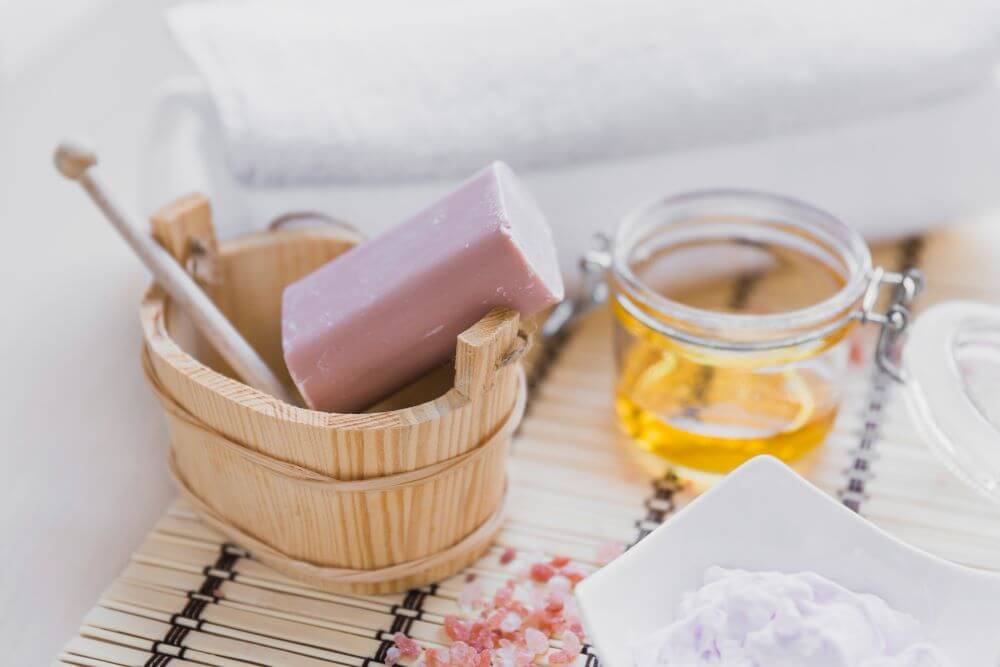When you’re working in massage therapy, it’s easy to get caught up in the hands-on part of the job and forget about documentation. But what happens when a client comes back after several weeks and you can’t recall their last treatment, areas of tension, or how their body responded?
Without clear notes, you may find yourself guessing, and that can affect both your client’s trust and your professional credibility. This is where proper documentation becomes essential. SOAP notes are one of the most reliable ways to keep track of treatments, and using them can make a big difference in your practice.
Understanding Massage SOAP Notes
If you’re not familiar with them, massage SOAP notes are a structured way to record important details about your clients’ sessions. SOAP stands for Subjective, Objective, Assessment, and Plan. Each section helps you capture a different aspect of the treatment. The subjective part records what the client tells you, such as pain, stress, or stiffness.
The objective section covers what you observe, like posture, muscle tension, or movement restrictions. Assessment is your professional interpretation, while the plan notes what you’ll do in future sessions. This method not only organizes your work but also makes it easier to follow progress over time.
Keeping Consistency and Accuracy
One of the biggest challenges in massage therapy is keeping consistent records. Without structure, notes can become messy or incomplete, and that creates problems when you want to review past treatments. SOAP notes bring consistency to the process. By using the same format every time, you reduce the risk of forgetting key details.
For example, if a client reported shoulder pain two weeks ago, your notes will show whether the pain improved or worsened. This accuracy helps you tailor treatments and demonstrates professionalism, especially if you’re working with other healthcare providers.
Building Better Client Relationships
When clients see that you remember their needs and track their progress, they feel valued and understood. SOAP notes allow you to personalize each session based on reliable records rather than memory alone.
Imagine how reassuring it is for a client when you can say, “Last time, you mentioned tension in your lower back. How is that feeling today?” This kind of detail shows that you care and pay attention. It also builds trust, which encourages clients to return regularly. In a field where word of mouth matters, keeping clear notes can actually help your business grow.
Enhancing Professional Credibility
Massage therapy is increasingly recognized as part of healthcare, and documentation plays a role in that shift. If you ever need to communicate with doctors, insurers, or other therapists, having clear SOAP notes sets you apart as a professional.
It shows that your work is not just intuitive but also informed by careful observation and planning. In some cases, documentation is even required for insurance claims or legal protection. Without it, you could face challenges in proving what care was provided. SOAP notes, therefore, protect both you and your clients.
Improving Your Own Practice
SOAP notes aren’t just for clients, they’re also valuable for you as a therapist. Reviewing past sessions can highlight patterns you might not notice otherwise. For instance, if several clients experience similar issues, you might adjust your techniques or seek additional training.
Notes also help you reflect on what worked well and what didn’t. Over time, this habit improves your decision-making and helps you grow as a practitioner. Instead of relying only on memory, you build a reliable record that strengthens your practice.




